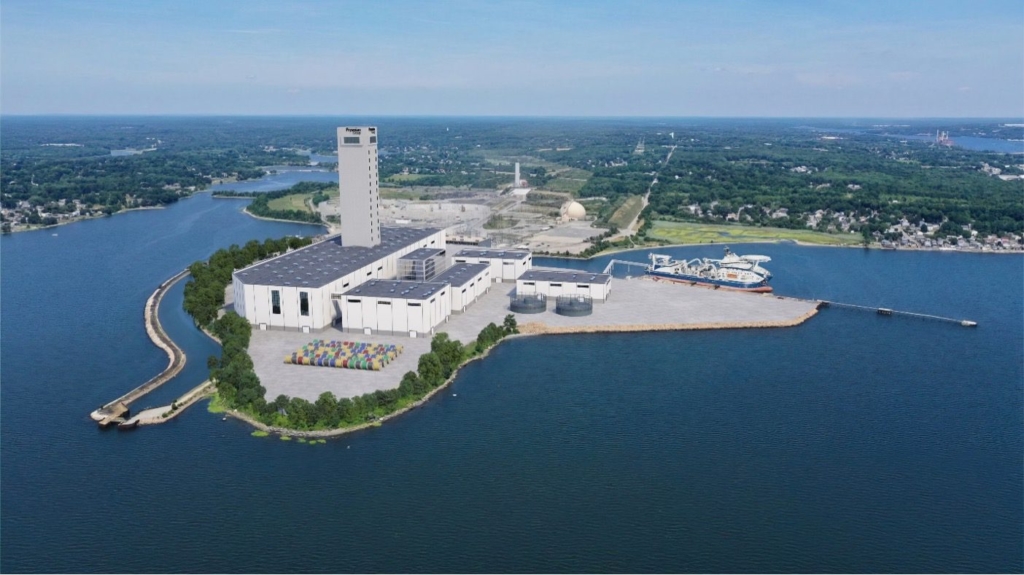"THE COMMONWEALTH HAS established itself as a national leader in addressing climate change by setting an aggressive goal of net zero greenhouse gas emissions by 2050. A host of strategies have been adopted and proposed to move us forward in meeting this goal. This is cause for celebration given that leaders in some states refuse to acknowledge climate change and are blocking any attempts to address it.One such proposal is Senate bill 2218, filed by Sen. Brendan Crighton, calling for 100 percent of new vehicles purchased by the Commonwealth to be electric by 2026 and 100 percent use of zero emissions vehicles by public entities by 2035. The Environmental Protection Agency’s Clean School Bus Program is offering $5 billion in grants and rebates over five years to schools to electrify their bus fleets. (Five Massachusetts school districts received rebates through this program in 2022.)Electrifying school buses as an immediate first step should be a no-brainer. They travel a known distance each day and are parked in a central location overnight, easing the logistics of route planning and charging. What’s more, electric buses are quieter and reduce students’ exposure to tailpipe emissions, which has been shown to be a leading cause of asthma.However, current laws do not make this so easy. The heart of the challenge facing school districts is the requirement under current law that they procure fuel sources separately from vehicles. While that may seem like a minor bureaucratic detail, it runs the risk of greatly complicating districts’ move to cleaner bus transportation, and could lead to violations of procurement regulations and law."
Continue reading the article online
 |
| (Photo via Creative Commons/Flickr by ThoseGuys119) |
Divided Somerset grapples with ship electrification mandate"
"ONE OF THE BIGGEST prizes of the emerging offshore wind industry – an onshore subsea cable manufacturing facility providing jobs, tax revenue, and the beginnings of a US supply chain – is in danger of slipping away at Somerset’s Brayton Point because of a dispute over a zoning condition.Prysmian Group, based in Italy, is proposing to build a $250 million factory employing nearly 300 people and generating local taxes of $9 million, which would represent about 12 percent of Somerset’s current budget. The factory would supply transmission cables to offshore wind farms up and down the Atlantic Coast and help reduce the nation’s reliance on fossil fuels.President Biden recognized the symbolic importance of the Prysmian facility in July 2022, when he used Brayton Point – the former site of one of New England’s largest coal-fired power plants — as the backdrop for a speech outlining his vision for addressing climate change. He described Brayton Point and the Prysmian cable manufacturing plant as being “on the frontier of clean energy in America.”
Continue reading the article online
 |
| A rendering of the Prysmian subsea cable manufacturing facility proposed for Brayton Point in Somerset. |